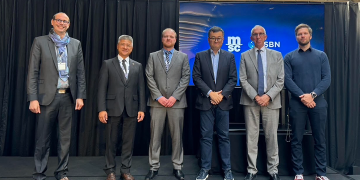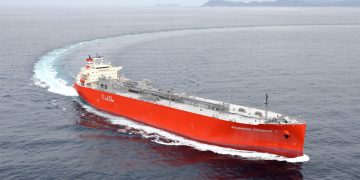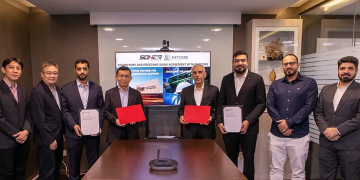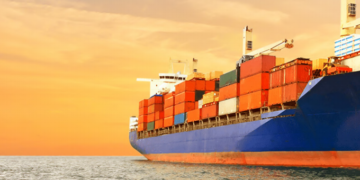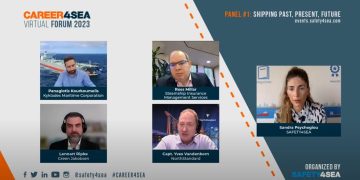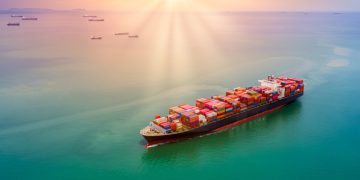Sea Shepherd lanches The Vortex Project
At a press conference under the suspended blue whale replica at the American Museum of Natural History in New York, Sea Shepherd Conservation Society USA joined with partners Bionic Yarn and Cookies for All for the U.S. unveiling of The Vortex Project, an unprecedented partner campaign to clean the oceans of plastic debris and transform it into fashion, and its first collaboration, G-Star's RAW for the Oceans,' a long-term partnership between denim brand G-Star RAW and Bionic Yarn to turn ocean plastic into denim. The New York Fashion Week event is part of Parley for the Oceans, an initiative comprised of artists, activists, tastemakers, entrepreneurs and innovators to address and solve the plastic pollution problem impacting ocean ecosystems. Sea Shepherd is an official partner of Parley for the Oceans and together with Bionic Yarn is cofounder of The Vortex Project. The Vortex Project takes waste from the oceans and shorelines, and recycles, enhances, and reuses it for yarn, fabric, and other elements in consumer products. Parley collaboration partners will use the reclaimed plastic waste from the oceans to create exclusive products with a unique product story. They will also seek to close the loop by again recycling these products at ...
Read more






